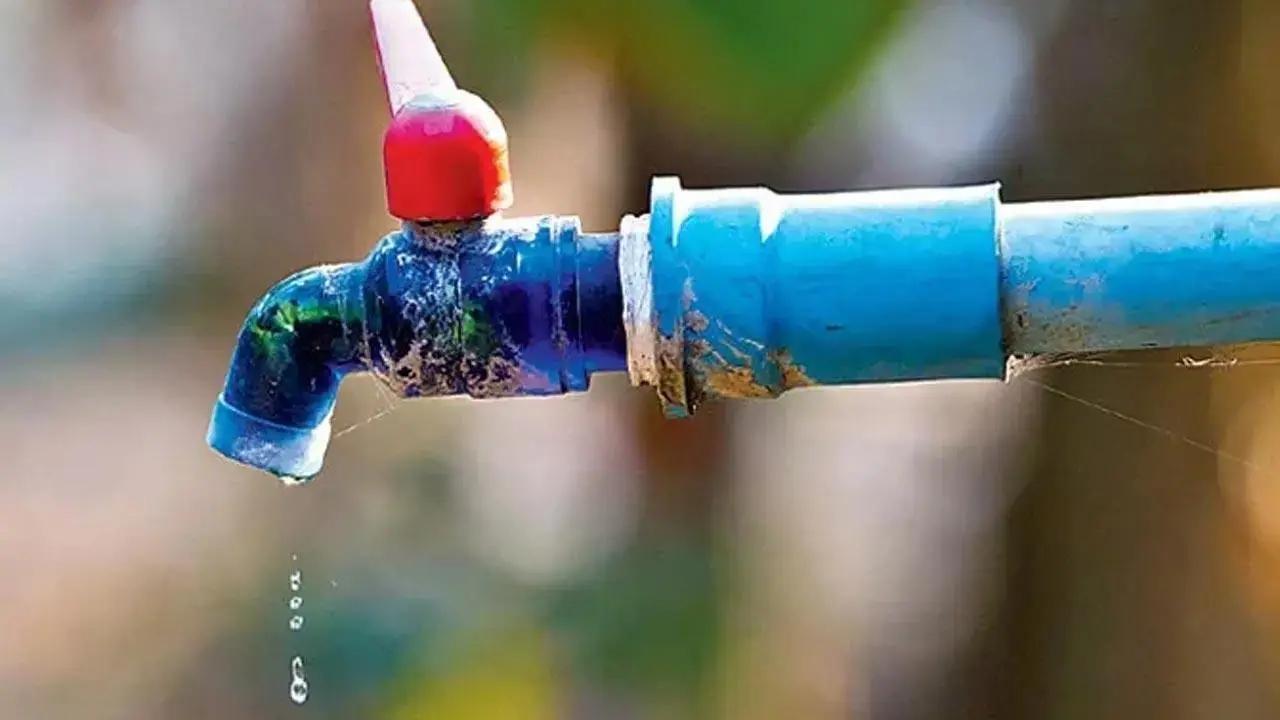Fifteen contractors who were awarded work of 'Jal Jeevan Mission' have been blacklisted in Maharashtra's Nanded , while 387 others have been fined over delays

Representational Pic/File
As many as fifteen contractors have been blacklisted, while 387 others have been fined over delays of 'Jal Jeevan Mission' work in Maharashtra's Nanded district, officials said on Thursday, reported the PTI.
ADVERTISEMENT
They said that the contractors had allegedly failed to start the work that was awarded to them, as per the PTI.
The Centre's Jal Jeevan Mission is envisioned to provide safe and adequate drinking water through individual household tap connections by 2024 to all households in rural India.
The mission started in the Nanded district in September 2020, and 1,234 works are now being undertaken under this scheme to provide water to households in 1,540 villages, said an official release.
A total of 387 contractors have not taken up their work at the required pace. Hence, the Nanded Zilla Parishad has imposed a fine of Rs 500 per day on these 387 contractors till they complete the allotted work, an official said, according to the PTI.
Fifteen contractors did not even commence the work in the given time frame and therefore they have been blacklisted, the official said.
Nanded Zilla Parishad CEO Meenal Karanwal had appointed a committee to review the work under the Jal Jeevan Mission. The decision to blacklist contractors and penalise them was taken after the review by the committee, the official added, the news agency reported.
Meanwhile, almost 4 lakh diarrhoeal disease deaths can be averted if ‘Jal Jeevan Mission’ meets its target of providing clean water to all rural households, according to a new study by the World Health Organisation said in June this year, according to the PTI.
The Centre had launched the Jal Jeevan Mission in 2019 to provide all houses in rural areas with safe and adequate drinking water through individual tap connections by next year.
The Ministry of Drinking Water and Sanitation had asked the World Health Organisation (WHO) to conduct a study to assess potential health gains and associated cost savings due to increased access in safely-managed drinking water services in India. The study found that, on an estimate, if the Mission provided safely-managed drinking water to all of India, this would result in averting almost 4 lakh deaths caused by diarrhoeal disease.
(with PTI inputs)
 Subscribe today by clicking the link and stay updated with the latest news!" Click here!
Subscribe today by clicking the link and stay updated with the latest news!" Click here!







